I’m used to waiting for the Catholic church to make sense. I’m a convert to Catholicism, and Catholic ideas sometimes take a while to become clear. I start from a position of suspicious distaste, but if I sit tight, I’ve found, the strangest things come right. It’s in this spirit of patient confusion that, since the beginning of the year, I’ve been waiting for the Catholic bishops of England and Wales to speak out in defence of the word ‘mother’, and to state the simple, unremarkable fact that only biological women give birth. Out of America, out of universities, from the HR department of every big business has come this push against ‘gendered language’. The reflex response is that you’re a fascist, or definitely ‘far right’, if you push back.
I think it’s for the clergy to hold firm on this. I don’t see how it can’t. Mary is our mother, we’re told. ‘Behold your mother,’ said Christ to the disciple John. The word ‘mother’ is the central pole on which the Catholic church hangs. Without it the whole circus tent collapses.
Perhaps the church stays silent because it hopes that the fuss will just evaporate on its own. But as of this year, the push for ‘gender neutrality’ comes right from the top. The US President’s ‘house rules’ now include using ‘gender inclusive language’, which means changing ‘mother’ and ‘father’ to ‘parent’ etc for fear of upsetting gender nonconformists. Joe Biden, a Catholic, has changed the law so that the prohibition on discrimination against women now covers discrimination against anyone who identifies as a woman as well. This week, some American bishops have taken issue with Biden’s position on abortion (against, but for choice). In my book, his casual collapsing of the gap between biological sex and self-chosen gender is worse. It’s a denial of reality, and of the truth outside self. It means that other people, the focus of Christian life, become indistinct. It means we’re living in a world of female penises now, God help us.
Well, there have been many millions of words written about this. There have been cancellings and counter-cancellings, and simultaneously, a weird meta-war about whether the culture war exists at all. But where, in the UK in particular, is the church?
In February, the Brighton and Sussex Hospital Trust decided to use gender-inclusive language for its maternity services. Breast-feeding became ‘chest-feeding’; mother became ‘birthing parent’.
The papers, which feed on identity politics, chewed over the issue for weeks. But not a peep from Bishop Moth of Brighton and Arundel — and Moth isn’t usually slow to speak his mind. He’s chair of the Bishops’ Conference Department for Social Justice and he’s been loudly outraged about the Do Not Attempt CPR orders issued for people with learning disabilities during Covid. He’s campaigned for mothers to be kept out of prison for the sake of their kids, so why no defence of mothers in general?
The first draft of the government’s maternity leave bill took its lead from Biden and referred to a ‘pregnant person’ rather than a mother. I’ve scoured the internet, but not a word from Cardinal Vincent Nichols, Archbishop of Westminster, on the subject. Instead it was left to the Lords to defend women and children. Baroness Noakes said: ‘It is a biological fact that only women can be pregnant and give birth. That is why the laws that relate to maternity issues have in the past routinely been drafted using the words “women”, “she” and “her”.’ Are the bishops too scared of being thought right-wing to speak up for their church?
As far as I can see, it’s only Mark Davies, Bishop of Shrewsbury, who sounds the alarm. ‘The church is being called to defend this very truth of the human person,’ Bishop Davies wrote. Davies is right. This is not about sex, or who fancies who; this isn’t about gay rights or even trans rights, it’s about reality. You can’t fix real injustice if you can’t face reality. And the irony of it all is that in eroding truth, and true biological difference, you erode diversity too. In a book last year to mark 100 years since St John Paul II’s birth, Pope Francis pointed out that gender theory has a ‘dangerous’ cultural aim of erasing all distinctions between men and women, which would ‘destroy at its roots’ diversity. ‘It would make everything homogenous, neutral. It is an attack on difference, on the creativity of God and on men and women.’
Every day, the 22 Catholic bishops repeat these words: ‘Hail Mary, full of grace, the Lord is with thee. Blessed art thou among women, and blessed is the fruit of thy womb, Jesus…’ For all it’s a symbol of the patriarchy, the church is by definition gender-critical. Biological sex is in its bones.
And doesn’t it also have a duty to see things from the perspective of the most vulnerable humans, the unborn? In the spring of last year, the appeals court ruled that a trans man who had given birth could not appear on his child’s birth certificate as ‘father’. Though sympathetic to trans rights, Lord Burnett decided that the right of a child to know the biological reality of its birth trumps a parent’s right to be recognised on the birth certificate in their legal gender. The court also pointed out that under the Children Act, a mother has automatic parental responsibility from the moment of birth. The word ‘mother’ protects the child. It puts the child into her care, though she can, if she wants, act as father in all other ways. Are there really many trans men who’ve given birth, who think this an outrage? I just don’t believe there are.
Being a mother involves self-sacrifice. At the heart of the Christian story, a mother makes an unthinkable sacrifice. From the moment you give birth, it’s about someone other than you.
Got something to add? Join the discussion and comment below.
Get 10 issues for just $10
Subscribe to The Spectator Australia today for the next 10 magazine issues, plus full online access, for just $10.
You might disagree with half of it, but you’ll enjoy reading all of it. Try your first month for free, then just $2 a week for the remainder of your first year.


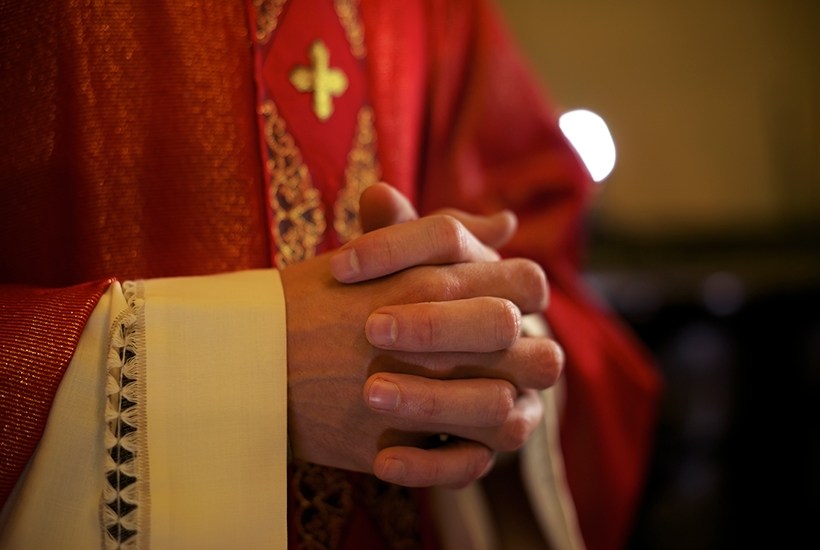
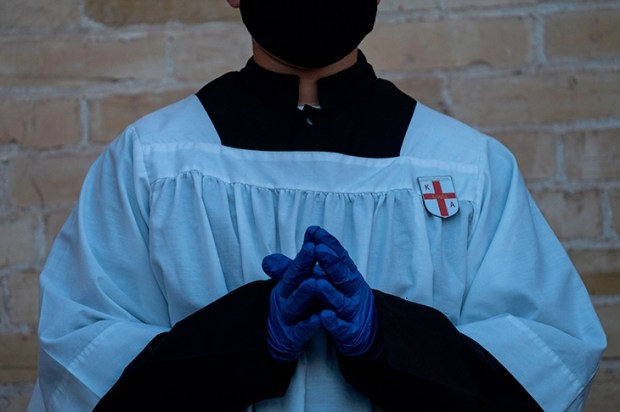
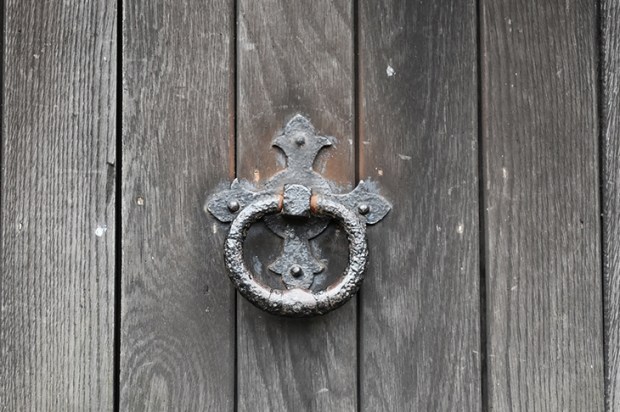
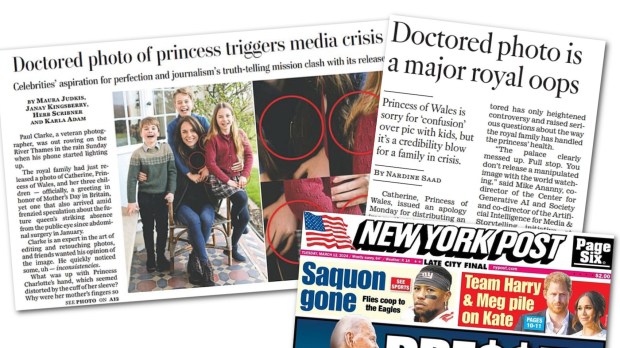


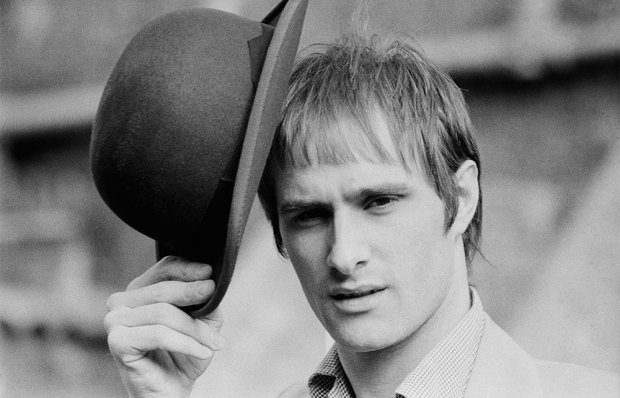






Comments
Don't miss out
Join the conversation with other Spectator Australia readers. Subscribe to leave a comment.
SUBSCRIBEAlready a subscriber? Log in